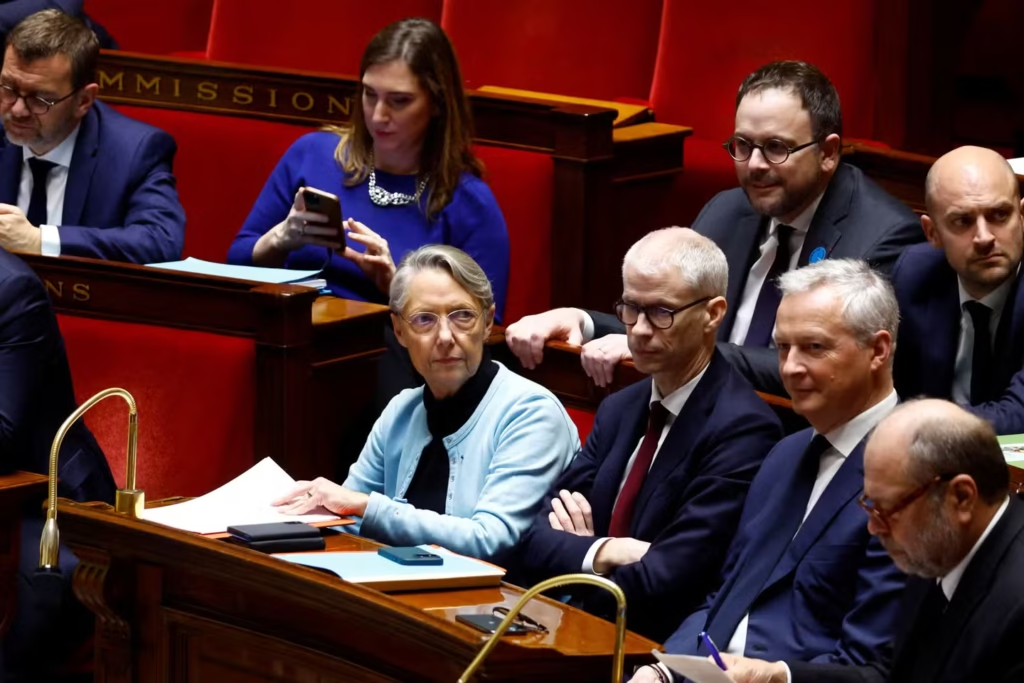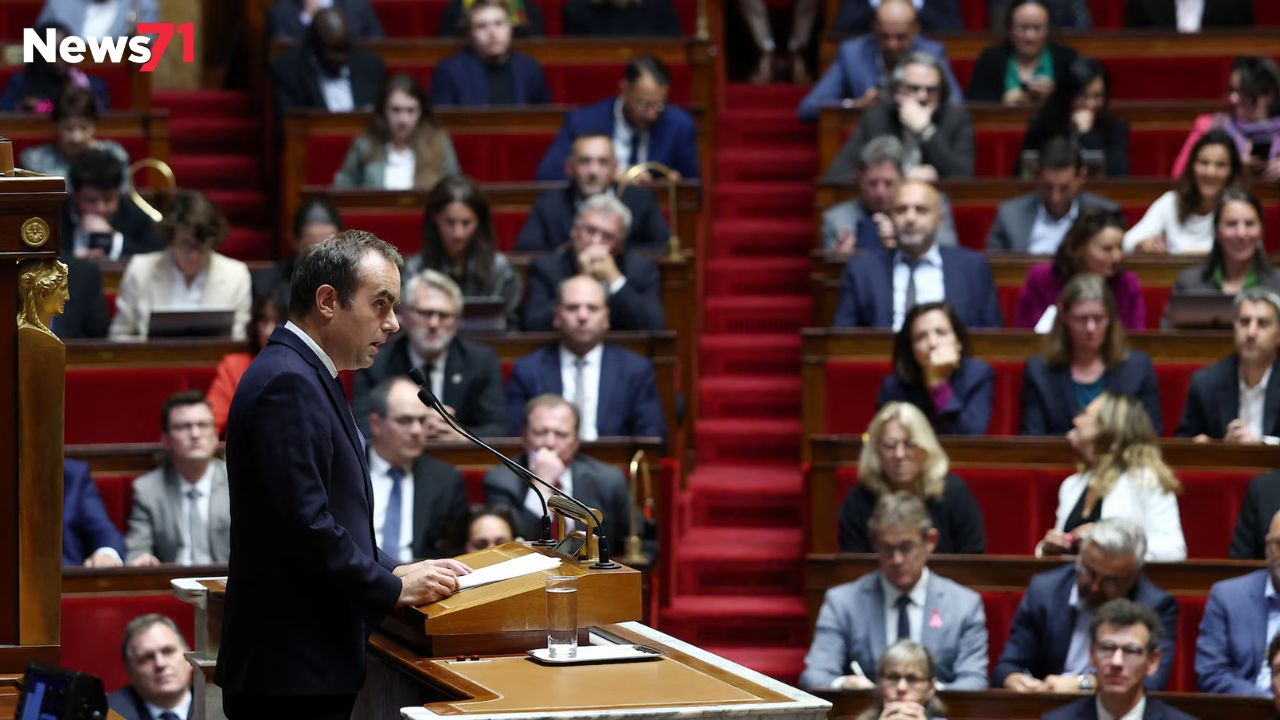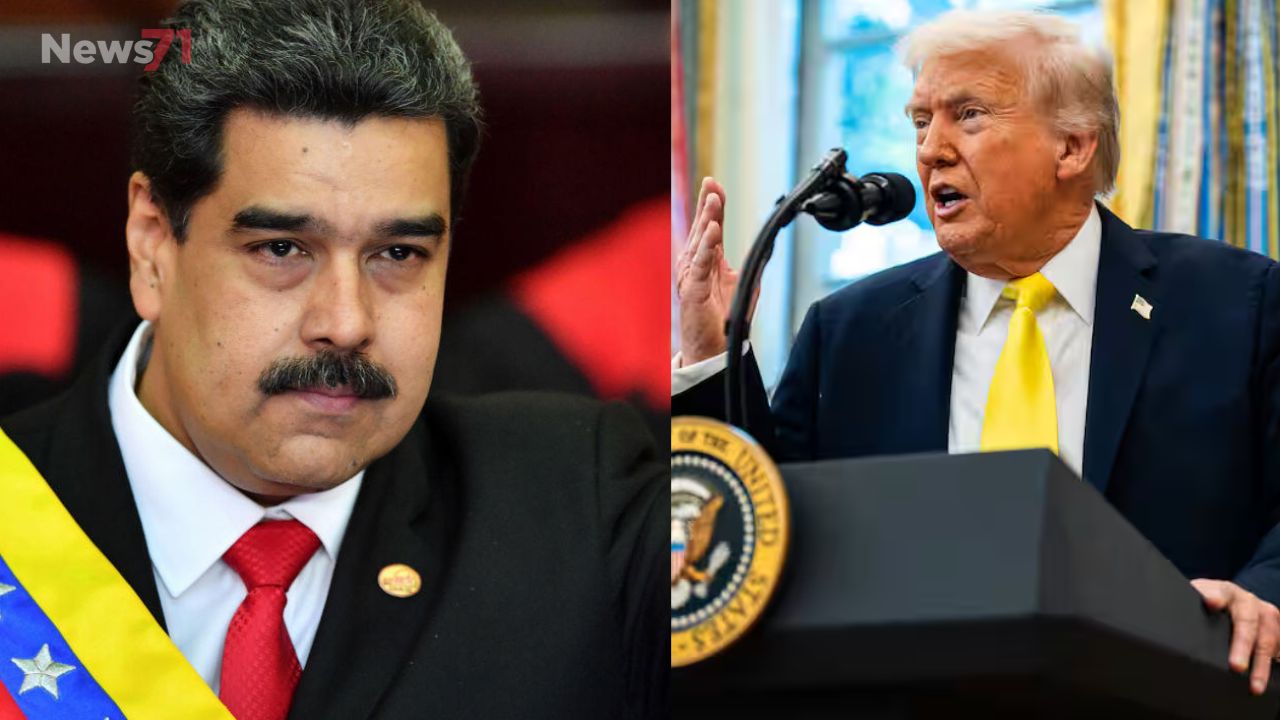The French parliament is bracing for a tense day on Thursday, with two no-confidence votes scheduled against Prime Minister Sébastien Lecornu’s government.
Lecornu is widely expected to survive the challenge after announcing he would suspend President Emmanuel Macron’s controversial pension reform in a bid to win support from the Socialist Party.
French Parliament No-Confidence Votes Faces, whose backing is crucial to Lecornu’s survival, welcomed the move and confirmed they would not vote for either of the no-confidence motions one tabled by the far-left and the other by the far-right National Rally.
Still, the outcome remains uncertain. According to Reuters, potential defections among Socialist and conservative Republican lawmakers could narrow the margin. A total of 289 votes is needed to topple the government, and 265 lawmakers have already pledged to support the motions.
French Parliament No-Confidence Votes

By shelving the pension reform, Lecornu risks dismantling one of Macron’s signature economic initiatives at a time when France’s public finances remain fragile. The standoff underscores the country’s deepening political crisis, as a series of minority governments struggle to pass deficit-cutting budgets through a sharply divided National Assembly.
Meanwhile, the Socialists are seeking to leverage their pivotal role by proposing a new wealth tax targeting France’s richest citizens to boost state revenues.
French Parliament No-Confidence Votes Faces as Pension Reform Suspended. The debate in parliament is already underway, with the votes expected later today.
France’s pension system has long been a political flashpoint. Reforming it has proven perilous for successive governments since François Mitterrand lowered the retirement age from 65 to 60 in 1982. Today, France’s average effective retirement age stands at 60.7 well below the OECD average of 64.4.
Macron’s suspended plan would have gradually raised the retirement age to 64 by 2030, aligning France more closely with other European Union nations but eroding what many view as a cornerstone of the country’s social model.






